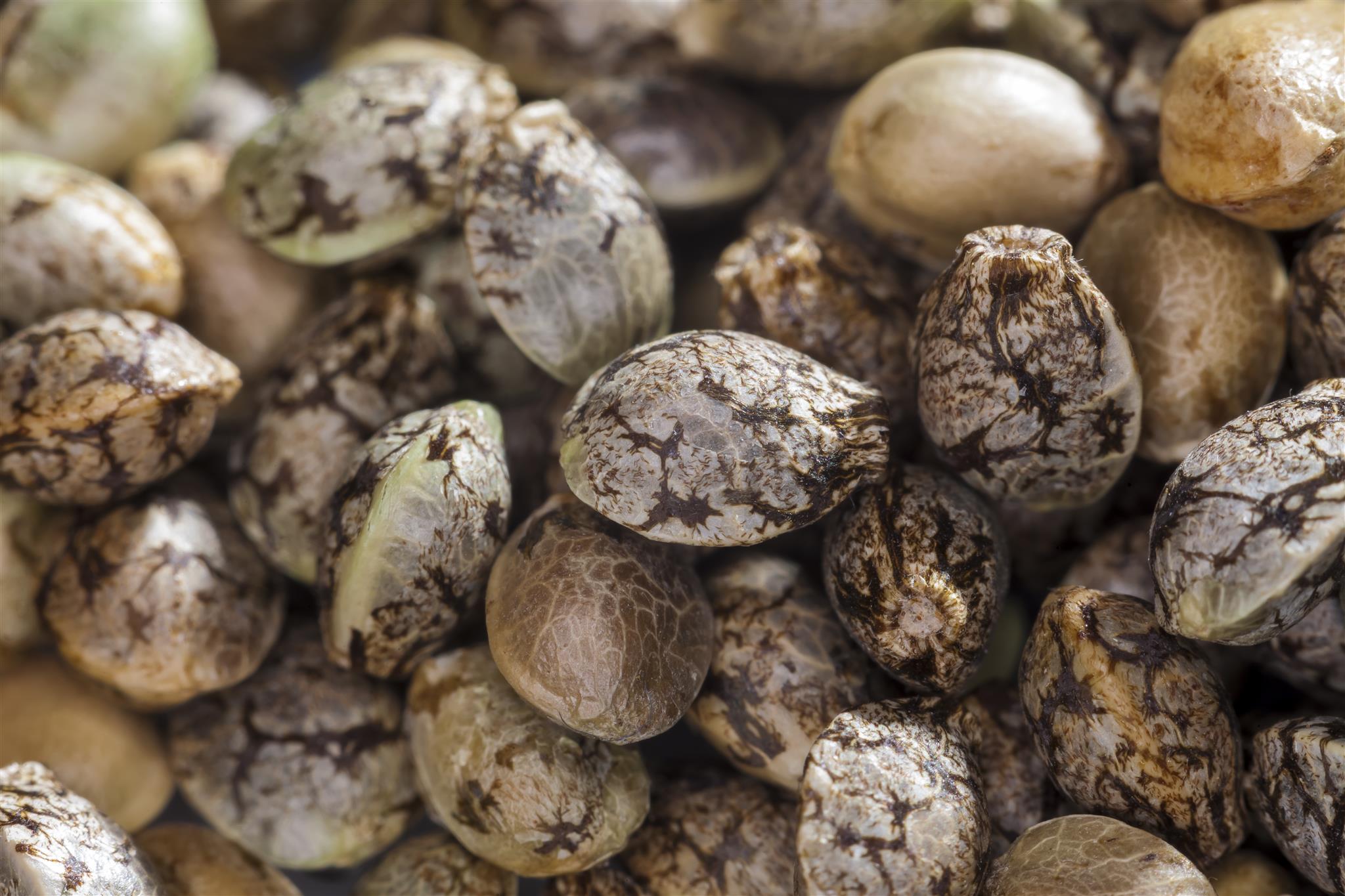Cultivating a Greener Upcoming: The Function of Hashish Seeds in Sustainable Farming
In modern years, the dialogue around sustainable farming practices has gained momentum, with an escalating target on environmentally helpful choices. Just one intriguing participant in this motion is the hashish plant, specially its seeds. Hashish seeds have emerged as a likely video game-changer in sustainable agriculture, offering a myriad of rewards that extend outside of the realm of recreational and medicinal use.
The Eco-Welcoming Mother nature of Cannabis Seeds:
Hashish crops are acknowledged for their resilience and adaptability, building them an great candidate for sustainable farming. The cultivation of hashish seeds requires fewer pesticides and herbicides when compared to lots of other crops, contributing to a reduction in environmental air pollution. Additionally, hashish vegetation have deep root programs that assist stop soil erosion, advertising and marketing soil overall health and fertility.
Drinking water Effectiveness:
Drinking water scarcity is a considerable problem in agriculture, but cannabis has tested to be a reasonably drinking water-productive crop. Hashish crops have a exclusive potential to thrive in assorted climates, from arid regions to a lot more temperate zones, allowing for cultivation in areas where drinking water sources may well be restricted. This adaptability helps make hashish seeds a promising choice for farmers on the lookout to preserve water and minimize their environmental impact.
Biodiversity and Crop Rotation:
Sustainable farming techniques frequently emphasize the importance of biodiversity and crop rotation to retain soil health and fitness. Hashish fits effectively into these concepts, as its cultivation can add to crop rotation cycles, protecting against the depletion of nutrients in the soil. Also, hashish plants assistance biodiversity by delivering a habitat for numerous insects, birds, and microorganisms that engage in very important roles in ecological stability.
One normally-overlooked aspect of cannabis cultivation is its possible to act as a carbon sink. Hashish vegetation soak up carbon dioxide during photosynthesis, serving to mitigate the outcomes of weather improve. When developed on a significant scale, hashish has the capability to sequester substantial quantities of carbon, making it a beneficial ally in the battle versus world-wide warming.
Hemp: A Adaptable and Sustainable Crop:
Inside the hashish family, hemp stands out as a notably functional and sustainable crop. Hemp fibers can be employed to create a wide vary of eco-friendly solutions, such as textiles, paper, and biodegradable plastics. Hemp seeds, prosperous in protein and important fatty acids, are a wholesome addition to human and animal weight loss plans, supplying a sustainable choice to standard crops.
Financial Added benefits for Farmers:
In addition to its environmental advantages, cultivating hashish seeds can present economic gains for farmers. The expanding need for hemp-derived goods, these as CBD oil and hemp-based mostly textiles, opens up new revenue streams. As extra international locations legalize and regulate hashish cultivation, farmers have the opportunity to diversify their crops and faucet into a burgeoning marketplace.
Difficulties and Considerations:
Although the prospective positive aspects of cannabis seeds in sustainable farming are promising, there are troubles and concerns that can’t be disregarded. Regulatory frameworks, different legal statuses, and the stigma involved with hashish cultivation can pose hurdles for farmers. Nevertheless, as attitudes toward cannabis keep on to evolve globally, it is important to address these difficulties to unlock the comprehensive potential of cannabis in sustainable agriculture.
Conclusion:
Hashish seeds have the probable to revolutionize sustainable farming tactics by supplying a crop that is resilient, drinking water-effective, and environmentally helpful. As the earth grapples with the urgent require for sustainable alternatives in agriculture, checking out the alternatives of hashish cultivation becomes significantly crucial. By embracing the ecological positive aspects of cannabis seeds, farmers can contribute to a greener future while reaping economic benefits. It really is time to recognize hashish not just for its leisure and medicinal worth but also for its role in cultivating a a lot more sustainable and resilient agricultural landscape.

